
Categories
Price
compressor type
enclosure type
Input Range BTU
manufacturer
refrigerant type
tem type
voltage
Type List
Brand List
- Shop by Input Range BTU
- Shop by Horse Power
- Shop by Fan Quantity
- Shop by Maximum Air Flow
-
Shop by Input Range BTU
-
Shop by Horse Power
-
Shop by Fan Quantity
-
Shop by Maximum Air Flow
Hermetic Compressor Low Temp Condensing Units
BRAND: Turbo Air
BTU 5248@-20F SST, Hermetic Comp, 208-230V/60Hz/3Ph, R404a
BRAND: Turbo Air
BTU 5248@-20F SST, Hermetic Comp, 208-230V/60Hz/1P, R404a
BRAND: Turbo Air
BTU 3307@-20F SST, Hermetic Comp, 208-230V/60Hz/1Ph, R404a
Introduction to Hermetic Compressors in Low Temp Condensing Units
In the world of HVAC, efficiency and reliability are paramount, especially when dealing with low-temperature applications. Hermetic compressor low temp condensing units have become a cornerstone for businesses seeking dependable cooling solutions. These units are particularly effective in environments where maintaining precise, low temperatures is crucial, such as in commercial refrigeration and industrial cooling systems.
Why Choose Hermetic Compressor Low Temp Condensing Units?
1. Enhanced Energy Efficiency with Inverter Compressors
One of the key benefits of hermetic compressor low temp condensing units is their exceptional energy efficiency, especially when integrated with inverter compressors. Unlike traditional compressors, inverter compressors adjust their speed according to the demand, ensuring that the system uses only the energy necessary to maintain the desired temperature. This not only reduces energy consumption but also minimizes wear and tear on the compressor, leading to a longer lifespan and lower maintenance costs.
2. Compatibility with Geothermal Heat Pump Systems
Another significant advantage of these condensing units is their compatibility with geothermal heat pump systems. Geothermal systems, known for their sustainable and eco-friendly approach to heating and cooling, benefit greatly from the integration of hermetic compressors. These compressors operate quietly and efficiently, making them ideal for the stable, low-temperature environments required by geothermal systems. This combination ensures optimal performance and energy savings, further enhancing the overall efficiency of the HVAC system.
Applications and Benefits
1. Precision Cooling for Commercial and Industrial Use
Hermetic compressor low temp condensing units are particularly well-suited for applications requiring precision cooling. From large-scale refrigeration systems in supermarkets to specialized cooling needs in pharmaceutical production, these units provide reliable, consistent performance. The hermetically sealed design prevents any leakage of refrigerant, ensuring that the system remains efficient and environmentally friendly.
2. Durability and Low Maintenance
The hermetic design of these compressors also contributes to their durability. By sealing all critical components inside the compressor casing, the risk of contamination and damage is significantly reduced. This design results in fewer breakdowns and a longer operational life, making these units a cost-effective choice for businesses that cannot afford downtime.
Conclusion: The Ideal Choice for Modern HVAC Systems
Incorporating hermetic compressor low temp condensing units into your HVAC system is a smart choice for businesses that prioritize energy efficiency, reliability, and low maintenance. Whether you're looking to enhance a geothermal heat pump system or need precise temperature control for industrial applications, these units offer the performance and durability you need.
Investing in hermetic compressor low temp condensing units means choosing a solution that will keep your operations running smoothly while minimizing energy costs and environmental impact.

 HVAC
HVAC
 Plumbing
Plumbing
 ELECTRICAL
ELECTRICAL
 Tools & Test Instruments
Tools & Test Instruments
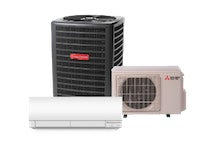
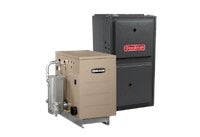
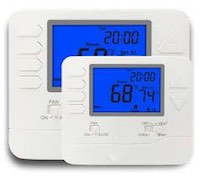
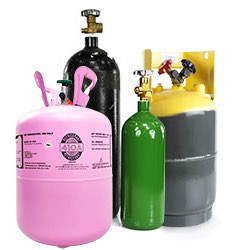
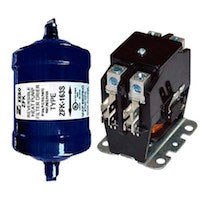
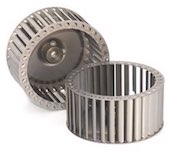
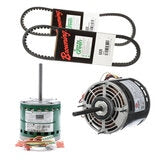
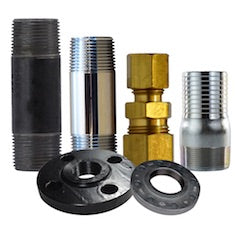
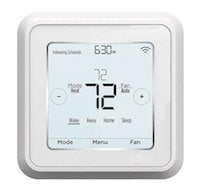
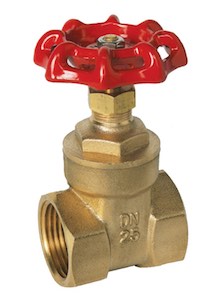
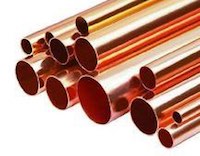
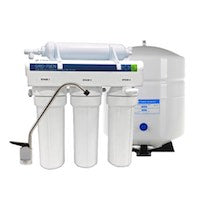
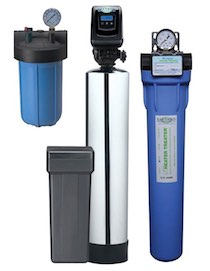
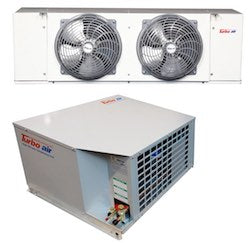
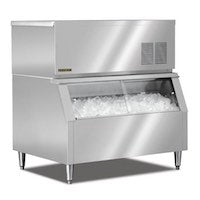
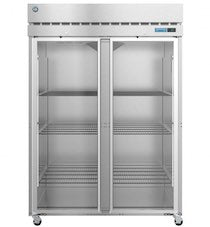
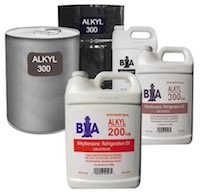
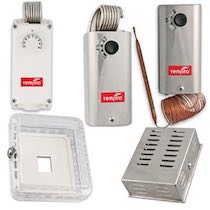
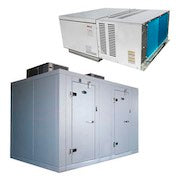

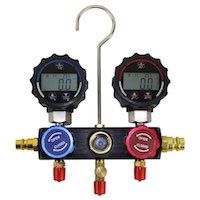
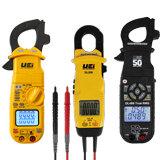
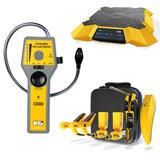
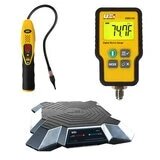
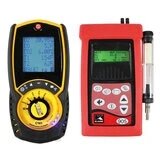
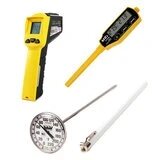
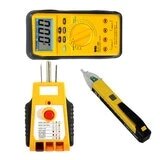
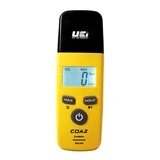




-v1612186040599.jpg?160x113)
-v1612186052598.jpg?160x113)
-v1612186070869.jpg?160x113)
-v1612186085928.jpg?160x113)
-v1612186101930.jpg?160x113)






